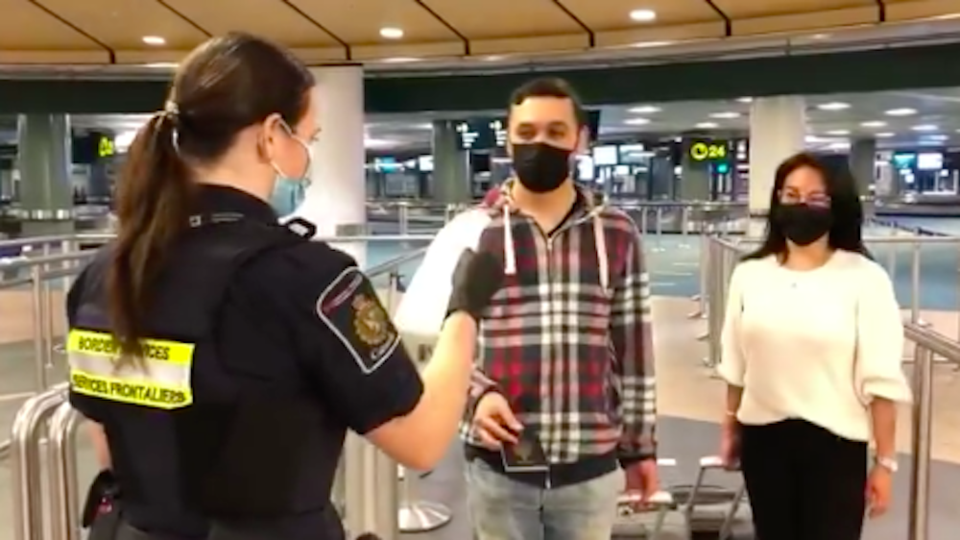Are you allowed to enter Canada? Are you fully vaccinated?
While fully vaccinated people who are eligible to enter Canada may now do so without the two-week quarantine, there are several things to keep in mind.
Fully vaccinated travellers who wish to be considered for the reduced public health measures must meet all criteria, including the electronic submission of their vaccination documentation into ArriveCAN prior to arrival in Canada. They must still present a suitable quarantine plan, and be prepared to quarantine, in case it is determined at the border that they do not meet all of the conditions required to be exempt from quarantine.
To be considered fully vaccinated, a traveller must have received the full series of a vaccine — or combination of vaccines — at least 14 days prior to entering Canada.
And the Canadian Border Services Agency says it is prepared for some travellers to try to use fraudulent documents to skip the lengthy wait.
"There is no global standard for vaccine documentation."
Since the government eased the restrictions on July 5, CBSA spokesperson Rebecca Purdy tells Â鶹´«Ã½Ó³» that the agency doesn't have any realtime information on the number of travellers who've tried to enter the country with fake vaccine cards.
But that doesn't mean they aren't expecting some people to use fraudulent documents.
Purdy noted that the CBSA is "aware that there is no global standard for vaccine documentation, and that some travellers may attempt to use fraudulent documentation when seeking entry to Canada."
The agency will continue to work with "domestic and international partners to detect and intercept such documents as early as possible in the travel continuum," she said.
And the penalty for forging a document comes with a hefty fine of up to $750,000 or six months imprisonment or both.
"All travellers should be aware that providing false information to a Government of Canada official upon entry to Canada or making false or fraudulent attempts is a serious offence and may result in penalties and/or criminal charges," she said.
People have also tried to present misleading COVID-19 tests upon entry to Canada. Transport Canada has fined several passengers for presenting false or misleading tests and for making a false declaration about their health status.
Find out if you are eligible to enter Canada with the CBSA .



